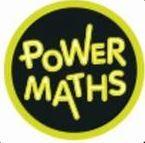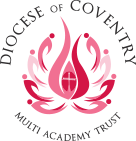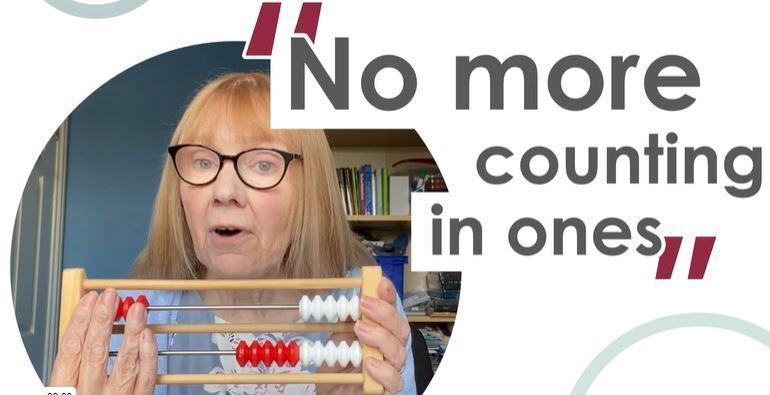Mathematics
Our Vision for the Teaching of Mathematics
We aim for all children to become fluent mathematicians, with the confidence and skill to apply their knowledge to accurately problem solve in a variety of contexts, due to their deep, long-term, secure and adaptable understanding of the subject.
To achieve our vision, we have adopted a Teaching for Mastery approach to our mathematics curriculum. Ch ildren are guided along a coherent, small step journey together, using concrete, pictorial and abstract representations to explore concepts and build connections, with opportunities to both support and challenge thinking and reasoning. This approach ensures a deep, secure understanding for all and provides all children with full access to the curriculum, enabling them to achieve confidence and competence – ‘mastery’ – in mathematics. It is important to us that children enjoy maths and see its relevance in everyday life, hence we try to design our maths lessons to be interactive and engaging.
ildren are guided along a coherent, small step journey together, using concrete, pictorial and abstract representations to explore concepts and build connections, with opportunities to both support and challenge thinking and reasoning. This approach ensures a deep, secure understanding for all and provides all children with full access to the curriculum, enabling them to achieve confidence and competence – ‘mastery’ – in mathematics. It is important to us that children enjoy maths and see its relevance in everyday life, hence we try to design our maths lessons to be interactive and engaging.
If you have any questions about our mathematics teaching and learning, you can speak to your child's class teacher.
Our Mathematics Policy
The Foundation Stage
In the Early Years Foundation Stage (EYFS), we relate the mathematical aspects of the children’s work to the Development Matters statements and the Early Learning Goals (ELG), as set out in the EYFS profile document. Mathematics development involves providing children with opportunities to practise and improve their skills in Number and Numerical Patterns (ELGs). In addition, our curriculum includes rich opportunities for children to develop their spatial reasoning skills.
The main driver for our curriculum in EYFS is NCETM’s Mastering Number programme. This project aims to secure firm foundations in the development of good number sense for all children. The focus is on subitising (recognising an amount without counting) and developing a deep understanding of numbers to 10 using a variety of representations, including Numberblocks, tens frames and Hungarian number frames (dice patterns) and rekenreks. This video shows the rekenreks in action.
Years 1 to 6
Our mastery approach is supported by the use of the ‘Power Maths - White Rose Edition’ programme across the school, along with a range of other resources to create further challenge and problem solving. Each Maths lesson is planned to a carefully designed structure that first aims for children to explore new concepts under the close supervision of their class teacher, followed by an opportunity for guided practice before independent tasks. This allows for more successful learning, that is connected to existing knowledge and avoids misconceptions.
Further details about our lesson structure can be found in the document bank below, along with skills progression, covered by the Power Maths resources.
In Maths, we are keen to focus on oral and mental calculation strategies, problem solving and investigational work rather than providing a multitude of mechanical pencil and paper based tasks. Written calculations are taught of course and though we are aiming for our children to be proficient in reliable and efficient methods we also want them to understand the maths behind the procedure. For more detail on this please see Power Maths' calculation policies below.
At Salford Priors, we understand the importance for children in becoming fluent in procedures, concepts and key instant recall facts (KIRFs). In addition to our main maths lessons, we provide opportunities for children to keep arithmetic skills ticking over and to practise and learn KIRFs. Having quick, accurate and efficient recall and application of these procedures and number facts to hand, vastly reduces cognitive load for our children, when they are challenged to solve more complex, unfamiliar problems.
Calculation Policies, Long Term Planning and Lesson Structure
- Maths Lesson Structure 2024PDF File
- Power Maths White Rose Edition KS1 Calculation PolicyPDF File
- Power Maths White Rose Edition LKS2 Calculation PolicyPDF File
- Power Maths White Rose Edition UKS2 Calculation PolicyPDF File
- Power Maths WRM Overview Year 1 and 2PDF File
- Power Maths WRM Overview Year 3 and 4PDF File
- Power Maths WRM Overview Year 5 and 6PDF File
- Mastering Number - Reception OverviewPDF File
- Mastering Number - Year 1 OverviewPDF File
- Mastering Number - Year 2 OverviewPDF File


